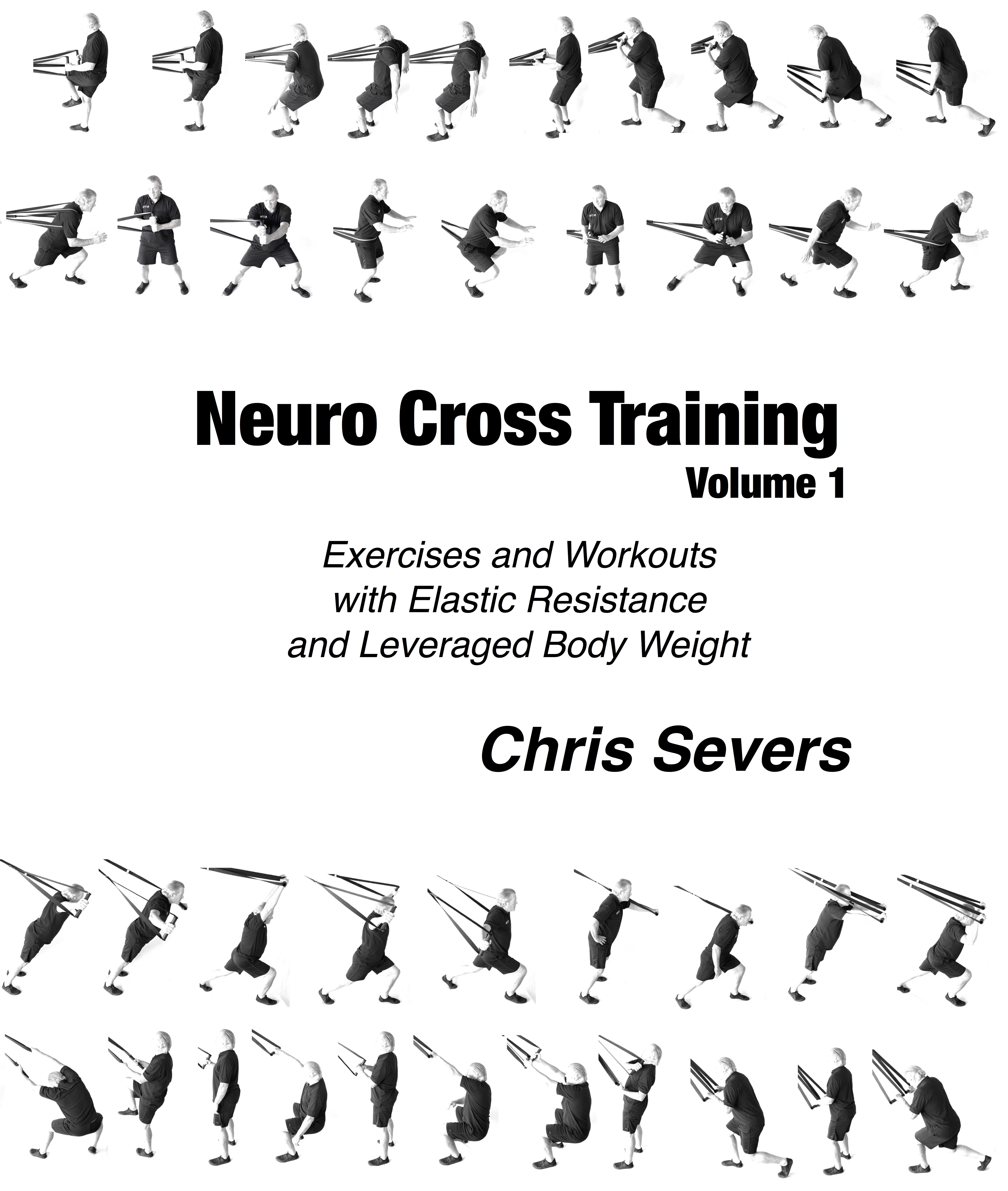Physical Training Affects Mental Health
Anyone who trains for health and longevity wants the mental health benefits of physical training.
All physical training will provide some benefits for the Central Nervous System (CNS)
The emerging science suggests that following basic principles of fitness training can check the boxes necessary for physical and CNS health.
Here are three principles to help your physical training benefit your mind and mood.
#1 – Progression of Integrated Movement with Resistance
* Integrated full-body resisted movement patterns should be progressed unilaterally, bilaterally, contralaterally, and ipsilaterally.
* The systemized progression of patterns should include static upper and lower body combinations, isometric, isotonic and plyometric contractions.
* Different types and vectors of resistance should be employed to train movements through as many ranges of motion as practical.
* Integrated movement can then be progressed to add cognitive challenges/ choreography/flow and reaction training.
#2 – Training with Resistance on Your Feet
* Training ground forces matters for performance and fall prevention.
* Training with resistance from the ground up is part of integrated full-body training including elements of balance and coordination.
* Standing activates more neural receptors and requires more neural engagement than a similar range of motion trained seated or lying down.
* Exercises done standing offer a readily accessible and progressable variety of patterns that will consistently create coordinative demands.
#3 – Metabolic Variety
* Different work rates in the appropriate dosages should be employed.
*High-intensity and steady-state cardio increase cerebral blood flow and improve memory, executive function, and cognitive reserve.
* Strength work improves the brain’s chemistry.
* Overworking in any metabolic zone has downsides.

Available on Amazon

